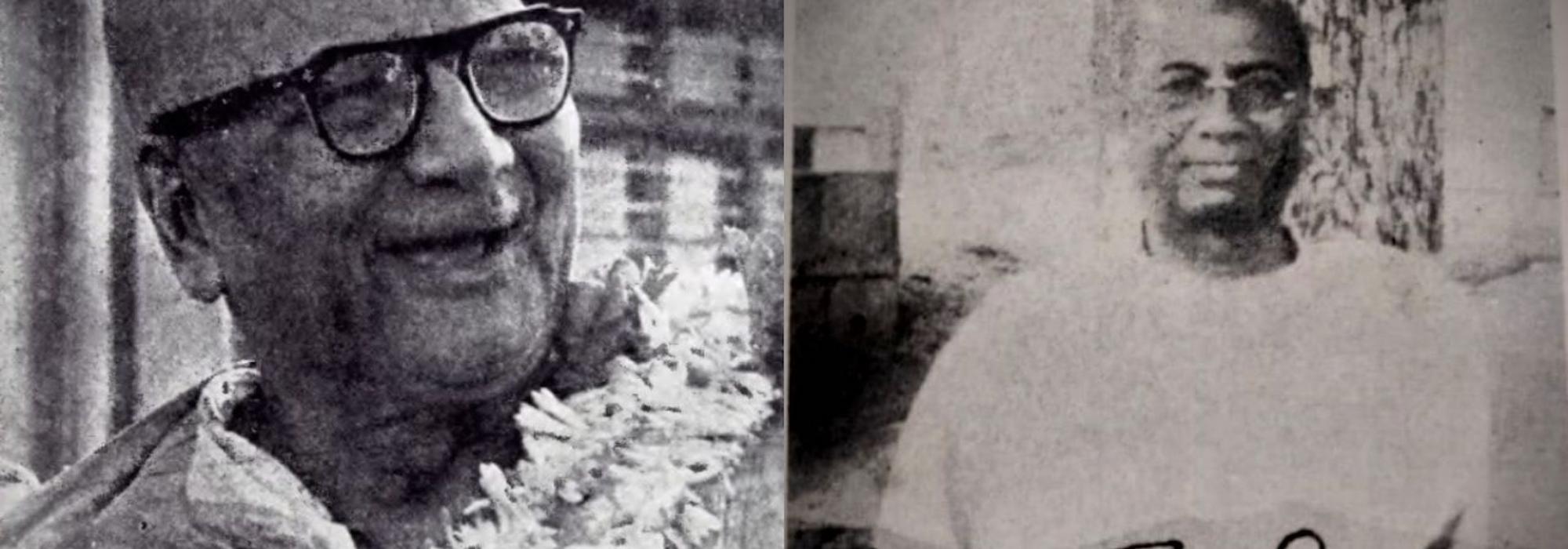Profession
Hereafter, the collective opinion of the citizens may take a back seat and unilateral decisions may find strength. In future, politics will only represent the lust for power. There will be factions formed in a bid to gain power. To run those factions, leaders will take birth. These leaders will later be surrounded by followers. In this manner, politics will transform into a profession. They rake up chaos every morning; divert people’s attention towards themselves; develop their own parties; as the party strengthens, they gain votes; and with votes they gain power.
‘Vote’ is the only element central to politics; mobilizing a party is the only path to obtaining votes. Quest for loopholes is the only means for a party to attain victory. As a result, every single day there is fresh commotion, new chaos, and newly-spun rumours.
In the end, politics itself will become a full-time occupation for all the citizens. Reading all the news in various newspapers first thing in the morning, and learning about commotions and their whereabouts; in the afternoon, enquiring the specifics of those events, and thinking about its causes and effects; in the evening, delivering speeches at gatherings or listening to them; and repeating the same routine once again the next day. People have to keep doing this week after week, month after month, and year after year. All the 365 days of the year have to be dedicated to this without any leisure for oneself.
1. Can our people handle this kind of pressure?
2. Is so much effort necessary?
For our people, the material world is merely a small portion of human life. Further, politics is a small part of that worldly life. Politics is necessary for our life but dedicating one’s entire life to politics is not sensible. Our people expect only a little benefit from politics, not a lot. And for that little benefit, how much political commotion is commensurate, only so much should be tolerated. Anything over and beyond that should not be welcomed.
Citizen-Appropriate State
Our State should be in harmony with our life’s purpose. Our life isn’t merely bodily life. We have a life that is deeply internal too. Spirituality, dharma, love of beings, music, literature, art – all these elements are the most essential facets of a great life. The turmoil of politics shouldn’t be entertained to an extent where it inflicts damage upon these essential goals of life. The politics of votes can disturb our minds and plant the seeds of vengeance and envy. Therefore, wise people should be cautious about the pros and cons of politics related to democracy. An undivided public opinion is the basis of a democratic State. This practice of unreasonable altercations between parties divides the public and makes way for perennial feud. Today’s periodically changing governments should survive through this constant agitation. Traits such as exaggeration, uproar, outcry, and mutual exchange of accusations are part and parcel of the government’s everyday life. The Government of Mysore, despite valuing public opinion, administered the State without any such incessant democratic crises. Citizens should analyze, debate, and express their independent opinions; however, the opinions expressed should be free from impulses and artificiality inherited from affiliations to political entities. This is the kind of citizen-appropriate State that we require.
Administration – Experience
The first thing we must observe in the ten Dewans who administered Mysore till 1940 is the fact that they had all grown and gathered experience in an administrative environment. Even though Visvesvaraya never joined the Indian Civil Service, he had gained experience of government administration during his tenure in the engineering department. Mirza saheb had gained experience at the Huzur Office.
Administration refers to managing operations while being in a position of power in the government. There are two essential qualities an administrator should possess –
1. A clear understanding of the process and rules along with the reasons for those regulations.
2. Acumen to execute tasks with a deep understanding of human psychology backed by years of experience.
To a certain extent, rules and regulations can be learnt from books. The remaining things can only be learnt by practice and experience. There are two aspects to Human Nature and Life Experience – a. The manner in which one adjusts to his co-workers, subordinates, and superiors and b. How he gets other people to work in alignment with his vision. This twofold alignment comes purely from experience. This is what ‘kèlavaṃ māḻpavariṃda kaṃḍu’[1] [‘some things must be learnt by observing the experienced’] means.
The practice across a long passage of time, habituation, experience, maturity – this constitutes Environment. It is by the influence of this environment that an administrator’s brilliance and acumen attain a state of maturity. If we take a close look at the working style of ministers in the last twenty years, we will know the value of the cultivation of this environment.
System of Change of Parties
The system of governance that we have brought in India is ‘democracy’ – rule of the people. The word ‘democracy’ or ‘people’s rule’ is a blanket term that is used to describe multiple systems of governance. If we think about it, all forms of governance are ‘rule of the people,’ for without people there is no kingdom or State; again, if the people are rejected and not respected, there will be no kingdom or State. Therefore, calling it merely ‘rule of the people’ does not give us an unambiguous picture.
For the sake of technical clarity, we use the term ‘Parliamentary Democracy,’ which is a form of representative democracy. As for the parliament, it is one with several political parties. The naturally arisen groups in society as well as various classes, teams, gangs, and parties are all part of it.
Among these tens of political parties and groups, the one that has the highest number obtains political power to rule the country. The other parties are outside the government, serve as the Opposition, and bide their time to gain a majority and grab the seat of power. We can call this a ‘system of ins and outs’ or a ‘system of continual change.’ This system of changing parties is the central aspect of a ‘Responsible Government.’ Has this system worked well for our country; is it well-suited to our needs? Let us ponder upon this.
Footnotes
[1] A phrase from the first verse of the Someśvara-śataka (c. 13th century CE).
















































